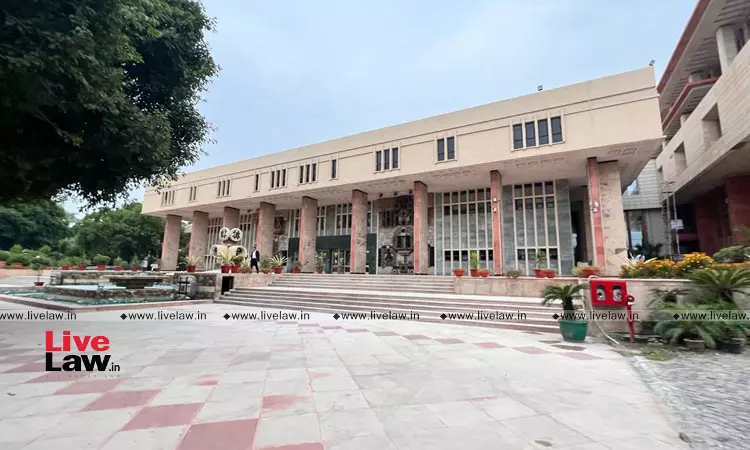Delhi High Court Dismisses Writ Petition, Permits Petitioner To Avail Remedy Under S. 37 Of Arbitration Act
Rajesh Kumar
4 Feb 2024 9:00 PM IST

Next Story
4 Feb 2024 9:00 PM IST
The Delhi High Court bench comprising Justice Subramonium Prasad held that the aggrieved party should avail the alternate remedy available under the Arbitration and Conciliation Act, 1996 before approaching the court under Article 226 unless there are extraordinary or exceptional circumstances. Further, the bench held that the remedy available to a party under Article 226 is not absolute...
